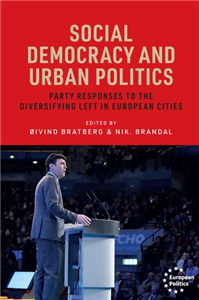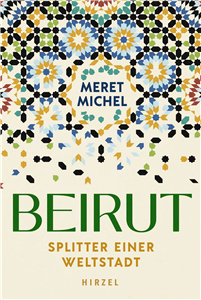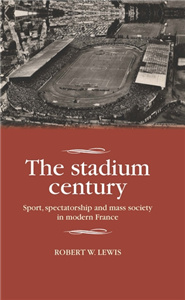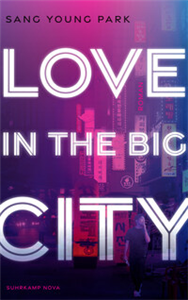Roman
Young flippert zwischen Bude, Hörsaal und den Betten seiner letzten Tinder-Matches hin und her. Er studiert in Seoul, zusammen mit Jaehee, seiner BFF und Mitbewohnerin, zieht er durch die glitzernden Bars und queeren Clubs der Stadt. Mit noch einem Glas Soju in der Hand und eisgekühlten Marlboro Reds zwischen den Lippen beschwören sie die Euphorie, jede Nacht. Gegen die Ängste, gegen die Liebe, gegen die Ansprüche der Familie und die Not mit dem Geld. Doch als auch Jaehee endlich ankommen will, bleibt Young allein zurück im Partymodus. Mit seiner altgewordenen Mutter, mit dutzenden Liebhabern, von denen kaum einer seinen Namen kennt, mit der Leidenschaft fürs Schreiben und einer Frage: Ist in diesem Land für einen wie mich überhaupt eine Zukunft vorgesehen? Kann ich sie erreichen?
Love in the Big City
ist eine Heldengeschichte von gewaltiger Zärtlichkeit und Lässigkeit. Sang Young Park erzählt von Chaos, Freude, Leichtigkeit des Jungseins, und seinen schmerzhaften Grenzen, in einer Gesellschaft, deren Vergangenheit trotz allem Blitzen, Blinken, Träumen seltsam mächtig bleibt … Das Kultbuch aus Südkorea, Porträt einer Generation, Psychogramm eines faszinierenden Landes.




















